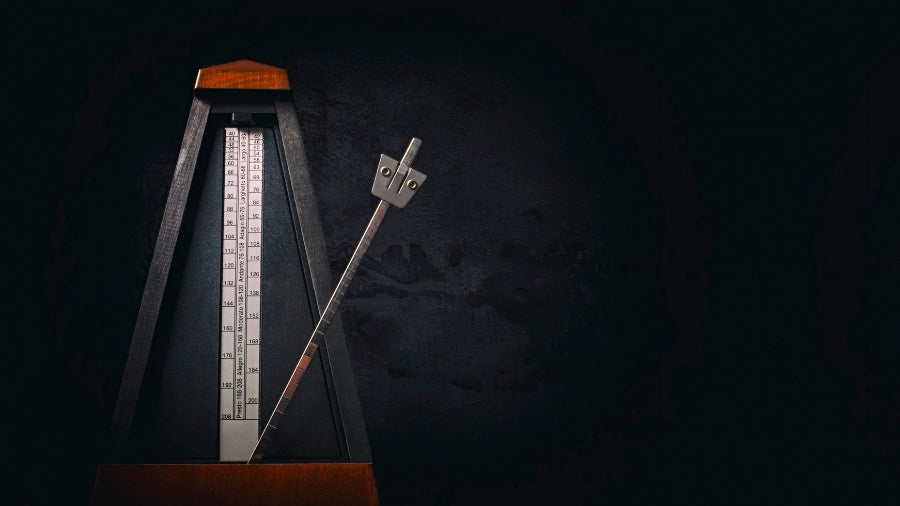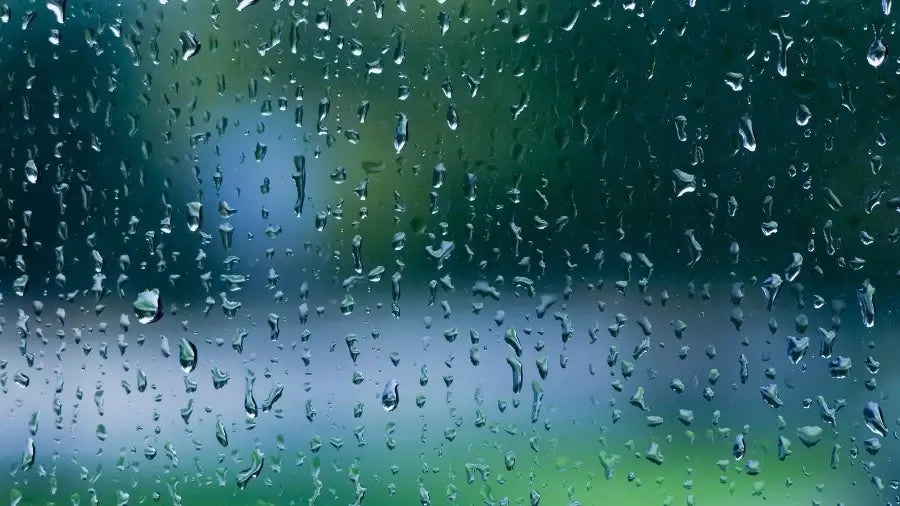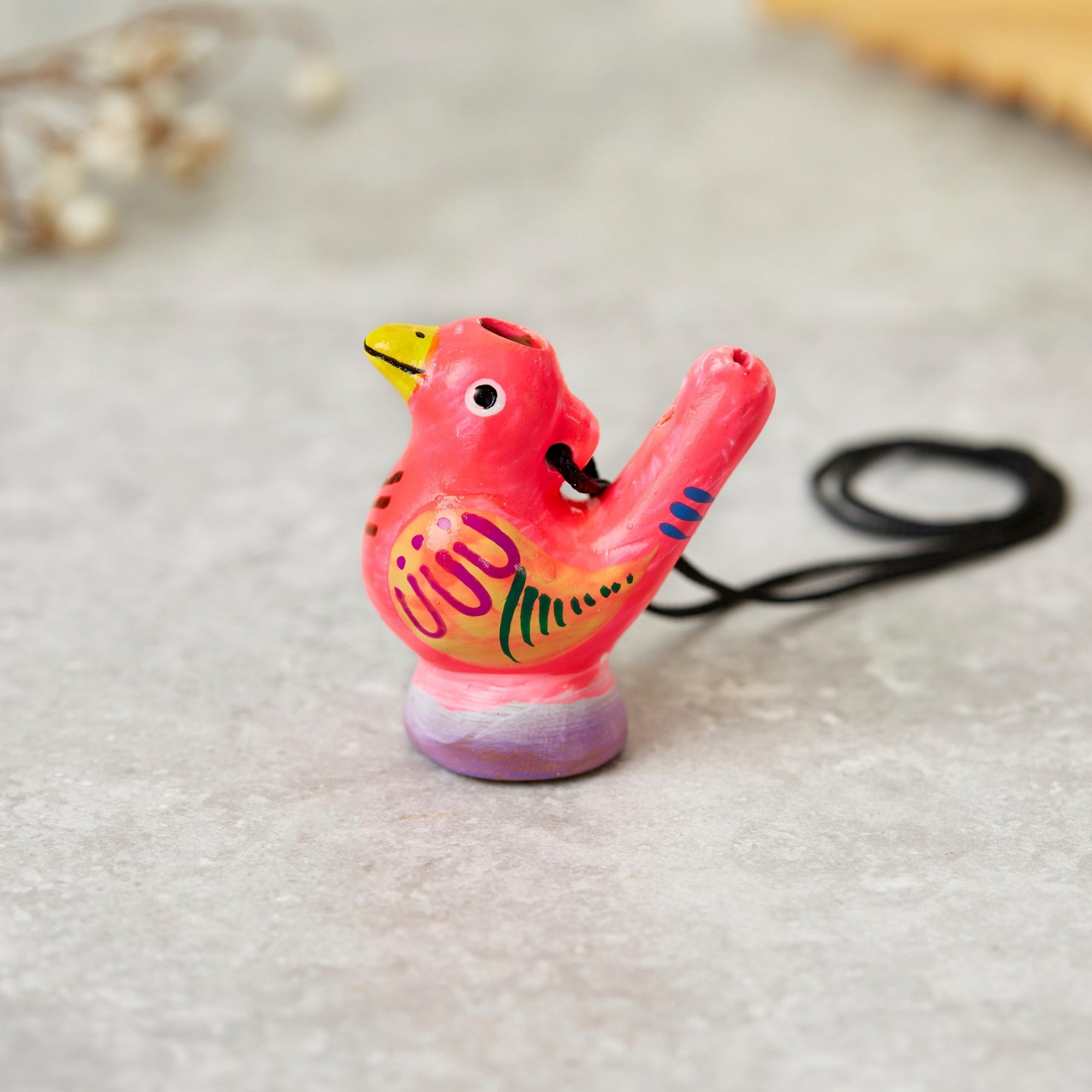Blog

How To Play The Bird Caller
Bird callers are cool woodwind instruments that mimic the vocal patterns of real birds. They are great for musicians, people who love nature, sound...

How to Play the Musical Saw for Beginners
This quick guide will show you how to play the musical saw. Before you start, make sure the saw you choose is blunt, not sharp. Musical saws are me...

How to Improve your Rhythm with a Metronome
This guide explains how a metronome can improve your rhythm, the purpose of the device, how to use it to practice your rhythm, and more.
What ...

Kiss The Rain by Yiruma (Kalimba Tab)
The song 'Kiss the rain' is an original piano composition by Yiruma. It was released in 2003 after his song 'The river flows in you' which is consi...

Happy Birthday to You - Kalimba Tab
The song happy birthday has got to be the most famous song of all time. It is sung to any person on their birthday, and the song has been recreated...

Here Comes The Sun (Kalimba Tab)
The single 'Here comes the sun' is an absolute classic by The Beatles. The timeless song never gets old and even though it was originally released ...

C418 Haggstrom Minecraft (Kalimba tab)
The original classical song was released in 2011 on YouTube by user C418 and got over 3.2 million views and more than 1,900 comments. Supporters sh...

25 Most Dangerous Jobs You Could Have
Most people prioritise a career based on the overall satisfaction it provides, the monthly salary, and how it fits into their lives. Something that...

20 Deadliest Lakes in The World
Earth’s lakes are often seen as places of peace and beauty — but some hide deadly secrets beneath their surface. From lakes that can explode withou...

How to Play the Udu Nigerian Clay Drum (Tutorial)
The Udu drum is a unique percussion instrument from Nigeria, specifically from the Igbo people. The name "Udu" translates to "vessel. "In this case...








